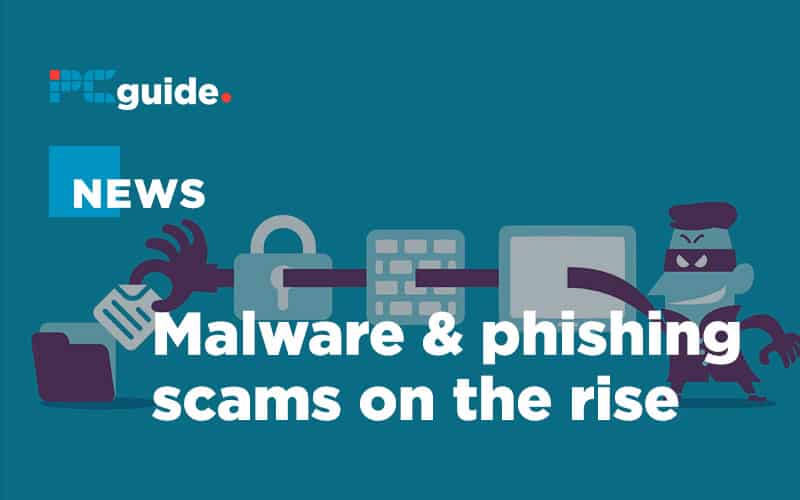Last Updated on
You can always rely on the underbelly of the human race to pop up and misbehave whenever there is an opportunity, and it seems with the current health situation, there is no time like the present.
Renowned computer security researchers Proofpoint have been busy discovering a whole host of nefarious scams and malware payloads being pushed out to an unsuspecting and permo-nervous global population over the last few weeks.
There has already been a well-publicised ransomware scam targeted directly to the healthcare services that locked up machines until payment in Bitcoin was made – you do have to wonder what’s wrong with some people. Since then, a definite rise in phishing scams and malware links has been noted.
A popular one at the moment is a scam email doing the round purporting to be from folding@home – who are currently asking for people to donate their processing power to help find a cure for COVID-19.
The scam which comes from folding@THome (extra T – sneaky!) will have you downloading some software too, but you very much won’t be helping with medical research; instead, you will be installing a key logger/password stealer.
As ever the bottom line is just be vigilant. These are stressful enough times without getting yourself compromised online.
Don’t open anything you weren’t expecting. If it looks dodgy, it probably is dodgy.
Make sure your anti-virus and malware software is up to date and above all, trust no one. There are enough problems with a certain nasty virus out there already, let’s not make things any worse!
We are all going to be online a bit more than normal over the coming weeks. Stay frosty as they say!


